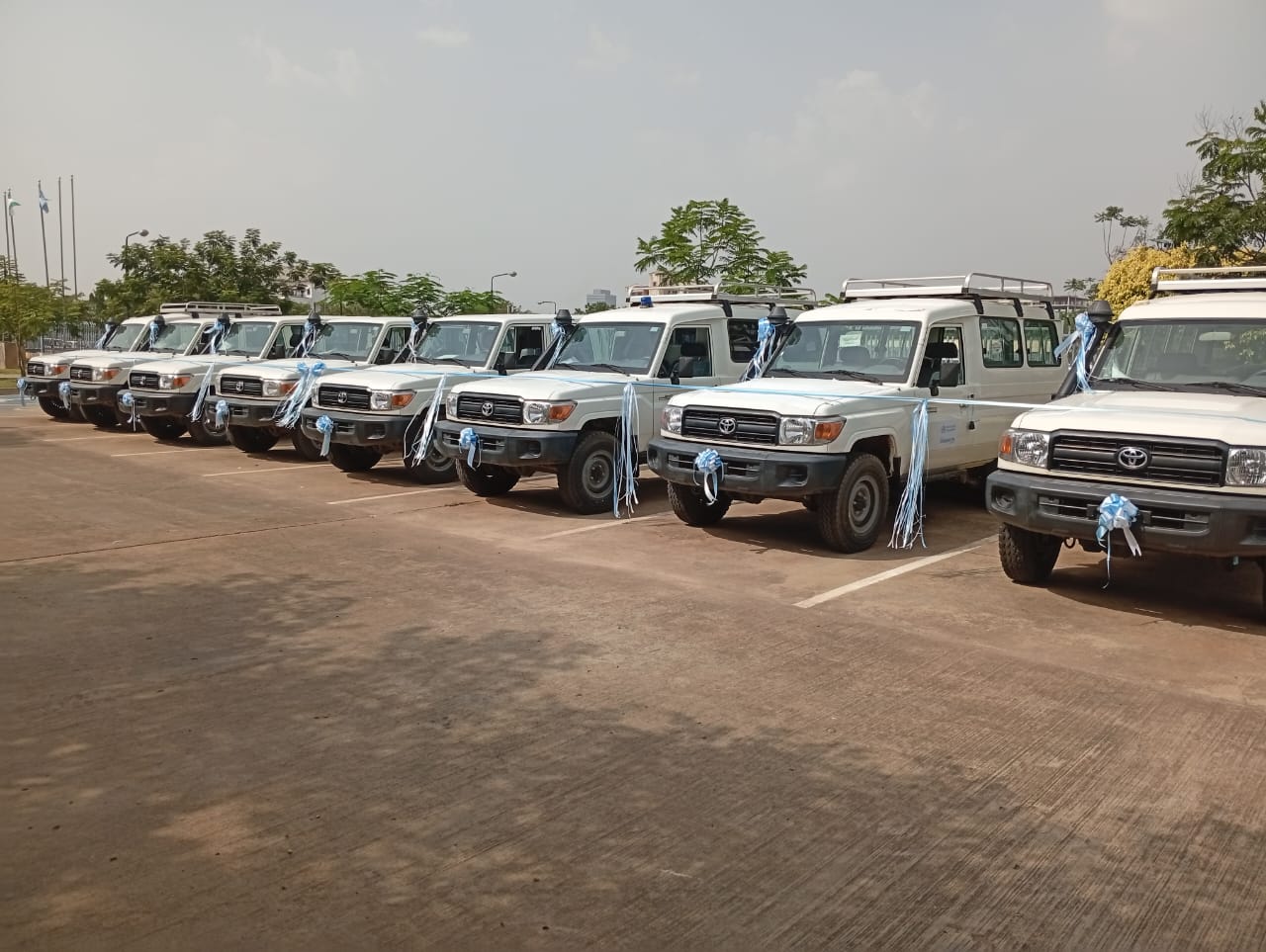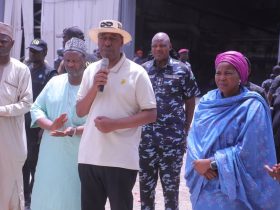In a major step toward strengthening Nigeria’s emergency health infrastructure, the World Health Organization (WHO) has donated eight utility vehicles to the Federal Capital Territory Administration (FCTA). The handover ceremony, held in Abuja, marked a key milestone under the Avoca Surge initiative—a flagship project aimed at enhancing rapid response to public health emergencies across Africa.
Presenting the vehicles, WHO Representative in Nigeria, Dr. Walter Kazadi Mulombo, described the donation as a tangible commitment to improving emergency operations, logistics, risk communication, and workforce readiness—the core pillars of the Avoca Surge initiative.
“This gesture is more than symbolic—it’s a practical investment in Nigeria’s emergency health system,” Dr. Mulombo said. “With over 100 public health emergencies occurring annually in Africa, building a deployable and multidisciplinary health workforce is not optional—it’s essential.”
He praised the FCT’s rapid containment of recent outbreaks, including the diphtheria outbreak, which was brought under control in under a week. He attributed the success to strong leadership by Dr. Adedolapo Fasawe, Mandate Secretary of the FCT Health Services and Environmental Secretariat, and early deployment of surge response teams.
Dr. Mulombo also commended the Federal Ministry of Health, the Nigeria Centre for Disease Control and Prevention (NCDC), and other partners for their dedication to improving health security. He reaffirmed WHO’s continued support, pledging further technical and logistical aid, and revealed plans to extend similar support to five additional pilot states.
Receiving the vehicles, Dr. Fasawe emphasized that effective disease response begins long before an outbreak. “Preparedness isn’t just about reacting during a crisis—it involves constant surveillance, teamwork, and practiced protocols,” she said. “We’ve worked closely with NCDC and other partners, using data and technology to successfully tackle epidemics.”
She described disease surveillance as the backbone of public health, essential for early detection, timely intervention, and minimizing impact.
Echoing her remarks, NCDC Director-General Dr. Jide Idris underscored the importance of strategic partnerships in building a resilient emergency response system. “Health security requires robust surveillance, reliable data, and trained personnel ready to deploy at short notice,” he said.
Dr. Idris noted that the NCDC is currently managing eight active public health emergencies, despite ongoing challenges such as limited resources and workforce shortages. He thanked WHO and Africa CDC for their critical support in providing surge teams and technical expertise.












Leave a Reply